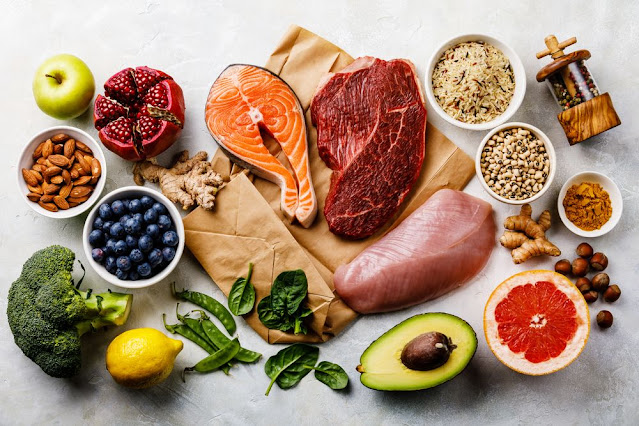Digestion is a complex and vital process that our bodies perform every day to break down the food we consume into nutrients and energy. A well-functioning digestive system not only ensures that we get the most out of the foods we eat but also contributes to our overall health and well-being. Incorporating certain foods into your diet can help support better digestion and prevent common gastrointestinal issues. In this article, we'll explore seven foods that promote better digestion.
1. Yogurt
Yogurt is a rich source of probiotics, which are beneficial bacteria that promote a healthy gut environment. These "good" bacteria can aid in breaking down food, absorbing nutrients, and maintaining the balance of the gut microbiome. Consuming yogurt with live and active cultures can help alleviate digestive problems such as diarrhea, constipation, and irritable bowel syndrome.
2. Ginger
Ginger has a long history of being used to alleviate digestive discomfort. It contains bioactive compounds like gingerol that have anti-inflammatory and anti-nausea properties. Ginger can help ease indigestion, reduce bloating, and relieve motion sickness or morning sickness during pregnancy.
3. Fiber-rich Foods
Fiber is essential for maintaining regular bowel movements and preventing constipation. Foods high in soluble and insoluble fiber, such as whole grains, fruits, and vegetables, promote a healthy digestive tract. Soluble fiber absorbs water and forms a gel-like substance, which helps soften stools and prevent diarrhea. Insoluble fiber adds bulk to the stool, aiding in its passage through the digestive system.
4. Peppermint
Peppermint has a soothing effect on the digestive system and can alleviate symptoms of indigestion, bloating, and gas. Menthol, the active compound in peppermint, relaxes the muscles in the gastrointestinal tract, which can help relieve abdominal discomfort and spasms.
5. Lean Protein
Including lean sources of protein like poultry, fish, and tofu in your diet can help support healthy digestion. Protein is crucial for tissue repair and muscle health, including the muscles responsible for moving food through the digestive tract. It also helps stabilize blood sugar levels, which can reduce cravings for unhealthy, high-sugar snacks that may disrupt digestion.
6. Bananas
Bananas are easily digestible and provide a good source of potassium, an essential mineral for maintaining electrolyte balance in the body. They also contain dietary fiber, which can regulate bowel movements and prevent both diarrhea and constipation. Moreover, bananas can help soothe an upset stomach and provide a quick source of energy due to their natural sugars.
7. Fermented Foods
Fermented foods like sauerkraut, kimchi, kefir, and kombucha are rich in probiotics, similar to yogurt. They promote a healthy balance of gut bacteria, which is crucial for efficient digestion. Probiotics help break down food, synthesize vitamins, and prevent the overgrowth of harmful bacteria in the gut. Regularly consuming fermented foods can improve overall gut health and boost your digestive system.
Conclusion
A diet that supports better digestion is a key component of overall health and well-being. Incorporating these seven foods into your daily meals can help promote a healthy digestive system, alleviate common digestive issues, and enhance nutrient absorption. However, it's essential to remember that individual responses to these foods may vary, so it's advisable to consult with a healthcare professional or a registered dietitian to create a personalized diet plan that best suits your digestive needs. By making these dietary adjustments, you can experience improved digestion and a greater sense of vitality in your daily life.
